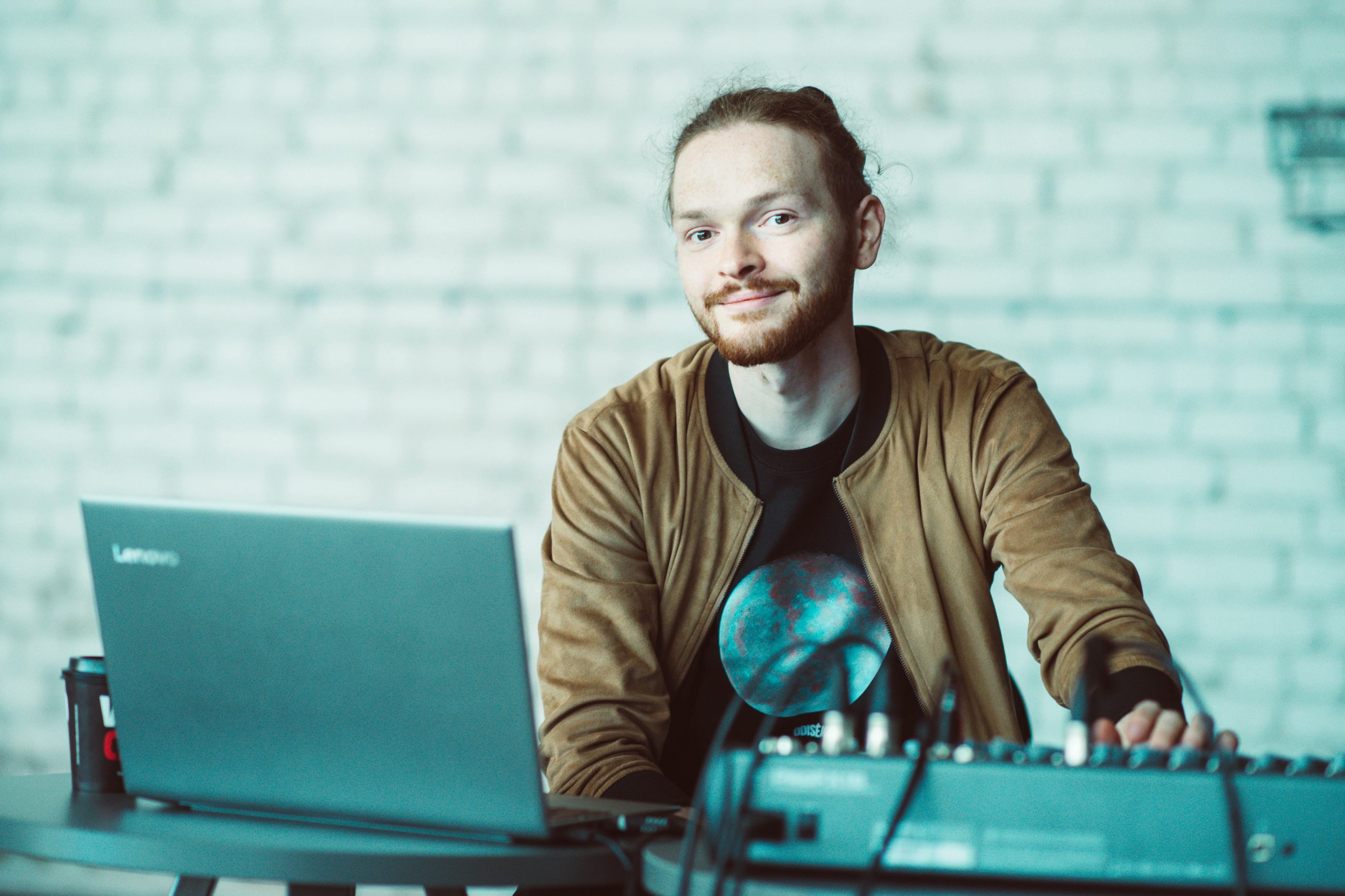
VIDEO EDITING FOR BEGINNERS. INTERVIEW WITH FILM EDITOR EVALDAS ARLAUSKAS
A film consists of multiple components, including acting, scenario and editing. In fact, editing is a component that many beginner filmmakers have a lot of questions about. To help them out, we interviewed Evaldas Arlauskas, technical manager of “TURBO” agency, with more than 200 video projects under his belt. You can meet Evaldas at the festival‘s video editing training for beginners.
How important would you say is the role that editing plays in a film’s success?
Editing can save an average film or turn a great film into an average one. In most cases, good editing is a subtle process that requires exploring numerous options and combinations, having a vision of the whole film in mind, including culminations, pauses, accents and implications.
How can beginners improve their film editing skills?
My advice for beginners is to take up playing a musical instrument. When you learn to play it, at least the basics of it, you will definitely see a difference in how you subconsciously make editing decisions. Pay attention to movies awarded for editing: they always have great flow, rhythm in the way they place and pace sequences. That is exactly what music teaches you.
Let‘s talk about effects. Sometimes, when people start learning to use the editing software, they tend to go a little too far using too many effects. What would you suggest?
First of all, I would suggest learning as many effects as you can, understanding different techniques and what needs to be done when shooting in order to use those effects in post-production. Secondly, I would say to only use the effects when the scenario requires them. It is easy getting caught up in fast-changing editing trends and putting a lot of fast cuts, explosions, graphics details in your film. However, the best effects are those that improve the narrative in an organic fashion, without even getting noticed.
Why is it important to prepare for editing before shoting?
Editing, as well as other aspects of the movie, such as acting, lighting, camera work, sound, etc., should serve and complement the story. Therefore, before shooting, you should know whether this part of the movie is fast, sharp and full of action, or maybe it is a romantic moment that should focus on the actors’ emotions. Thinking about these things beforehand makes it easier to choose which frames to shoot, how many should be enough and what kind of dynamic do you want to create in this sequence. I highly recommend making a storyboard before shooting because it is the easiest way to see what kind of frames and how many of them you need.
The biggest mistake is editing for the sake of editing. If it is not your editing showcase or VFX Reel, editing should be invisible. When it goes against the rhythm, breaks the 180-degree rule and other basic guidelines, it draws viewers’ attention. Watching a film, in my opinion, should be a consistent experience, with all the technical parts working in harmony.
Does the director always edit the film, or is it someone else’s responsibility?
Editing is not necessarily done by the director. When an expert is doing the editing, he/she will probably do it more smoothly, bring in his/her insights and might make the film better. On the other hand, the director should always have a vision of how the final product should look and communicate it to the editor because it is easy to mess everything up or, on the contrary, put everything perfectly in its place.
What would you wish for the beginner filmmakers?
I wish for them to have the courage to just get out there and do it. Considering easily accessible filmmaking gadgets, there is nothing better than improving your skills when practising and making films with your friends. And when the beginner’s mistakes are done and lessons are learned, the real results will arrive.